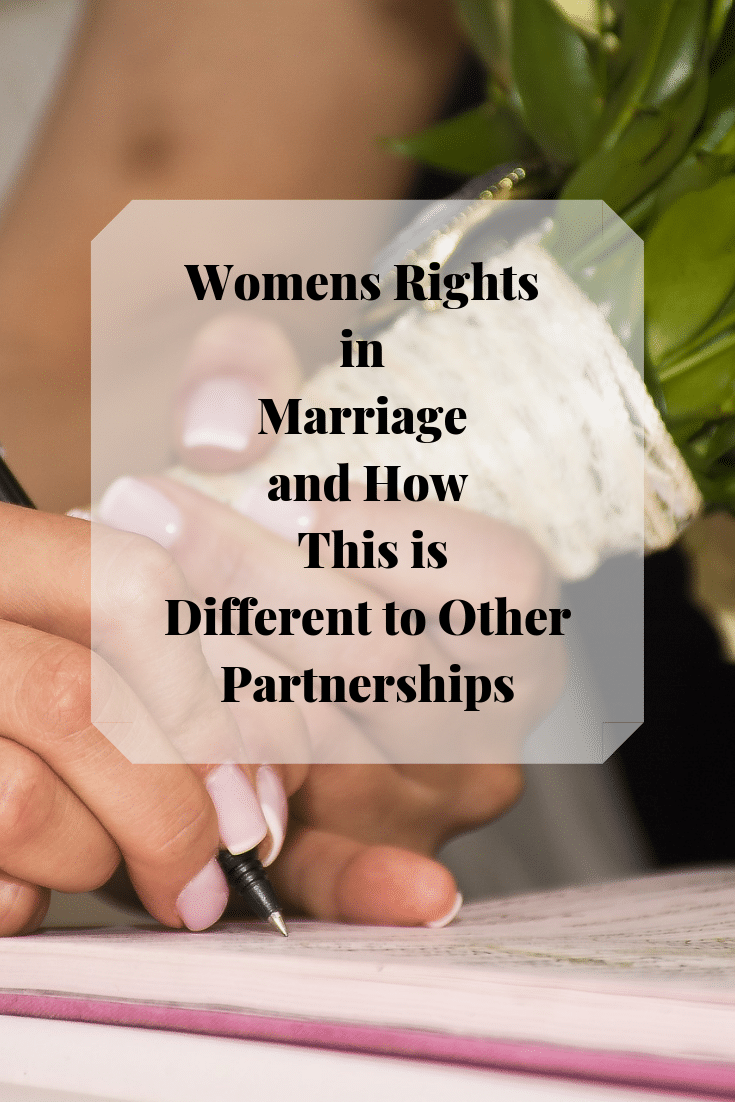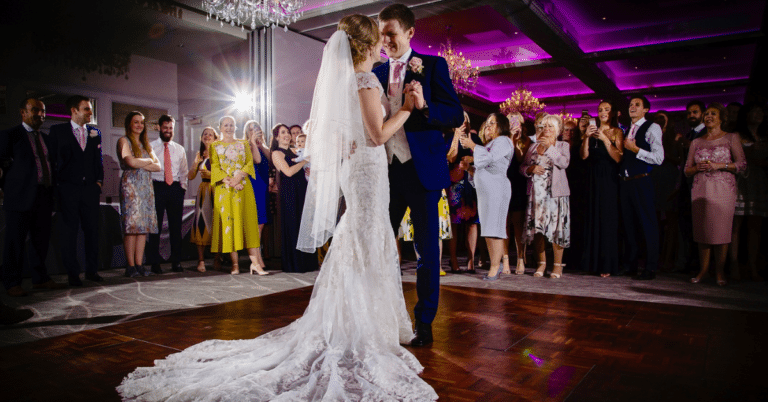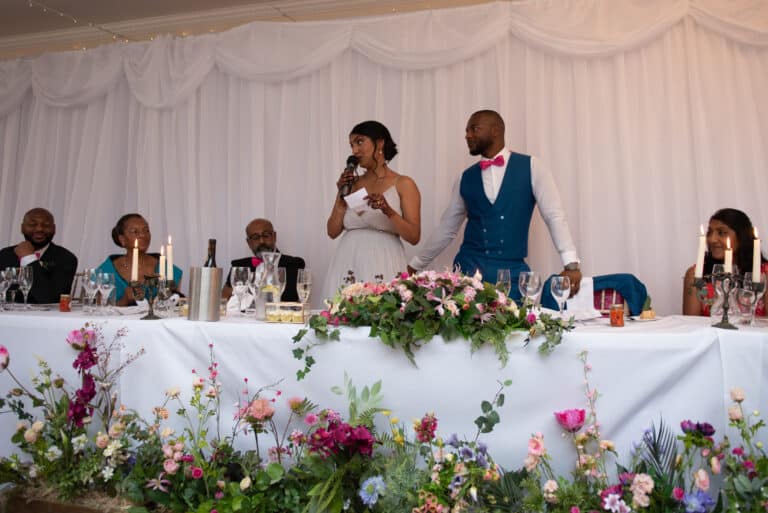Women’s Rights in Marriage

Changes are happening all the time but for women’s rights in marriage the changes seem to be rather slow.
In a recent blog, Changing Times in the Wedding World, we examined some areas of the matrimonial landscape – where changes are happening now or where they’re predicted to happen. For instance many brides, recognising what an outmoded bastion of sexism and misogyny the practice of tossing the bouquet is, are opting to do it a different way.
So, in keeping with all that, we thought we’d take a look at women’s rights in marriage. Note here – that there’s no such thing as common-law marriage. No legal recognition of a common-law husband or wife exists. You might live together for forty years, it makes no odds – there’s still no special legal status. If you’re choosing to co-habit rather than marry we advise you to check out this PDF guide on family law and living together. It’s vital that, as a woman, you’re conversant on women’s rights in marriage.
Legal Recognition of a Marriage
Women’s Rights in Marriage
As the website Rights of Women points out, ‘for a marriage to be legally recognised in England and Wales it must comply with certain legal requirements. Even if your community or religion recognises your marriage, it may not be a lawful marriage according to English law.’
It does matter whether your marriage has legal recognition or not. There are significant consequences regarding financial and property rights if a union is not a legal one. If the law of the land doesn’t recognise your marriage you’re in a financially vulnerable position. For example: you may have neither claim to stay in the marital home nor access to financial support from your spouse (husband or wife).
NB: What we’re referring to here is a co-habiting relationship that hasn’t been formalised in any way. This is not the same as a civil partnership. There’s an important distinction and more on that at the bottom of the post.
Therefore, it’s vital that you:
- Are clear on whether your marriage is legal in the eyes of English and Welsh law.
- Understand the legal consequences of marriage
Who can legally wed

To enter into a legally recognised union the two people concerned must be:
- Not closely related. So, you cannot marry your sister or brother. It’s legal to marry a cousin – even a first cousin. There are though potential consequences of such a marriage that should have all due consideration.
- Over the age of sixteen years. If you’re under 18 years old you’ll need your parent’s consent.
- Not married or in a civil partnership already. That’s bigamy!
If you don’t meet any of these criteria then you can’t get married. Simple. Should a marriage take place with one of these factors applying, it’s a null and void union. This means that, as far as the law is concerned, the marriage never took place.
NB: From 29 March 2014, same sex couples can get married in England and Wales.
Where you can get married
As the law stands, to get legal recognition of your marriage it must take place at one of the following places:
- A registry office
- An approved premises
- An Anglican church – that is to say a church belonging to the Church of England and Wales
- A registered building
Now we say ‘as the law stands’because change is in the air. As we pointed out in our blog ‘A Shake-Up in the Marriage Law’, long overdue reformation may be on the way. Reform that will make it simple for you to marry anywhere you choose – in the middle of a meadow if that’s what you want. Whereas, as the situation stands, you can only tie the knot in the great outdoors if the marriage solemnisation happens beneath a structure with a solid and permanent roof. A gazebo for example.
For the full guide on the law and women in marriage go to Rights of Women.Org
Civil Partnerships
Further potential changes to the structure of heterosexual relationships came via a landmark legal case in 2018 described by LGBT and human rights campaigner, Peter Tatchell, as a victory for love and equality.
Until the couple concerned took their case to court, heterosexual couples had two choices: to marry or to co-habit. Whereas, since the civil partnerships act of 2014, same-sex couples only can marry or opt for a civil partnership.
The Supreme Court decreed that the civil partnership act is incompatible with the European Convention on Human Rights. Of course, this judgement doesn’t oblige the government to change the law, but it does make it more likely that they will.
Why choose a civil partnership over co-habitation?
There are valid reasons why couples might opt for civil partnership over either marriage or co-habitation:
- The institution of marriage: whether a civil ceremony or a religious one is imbued with ancient associations with patriarchy and women as property. And many modern couples object to that. Civil partnership is free of any such connotations.
- A civil partnership brings with it legal and financial protection for both parties in the event of a relationship breakdown.

Whether you’re marrying, having a civil partnership or simply have a great excuse for a party – we’re here to make your venue look fabulous. Get in touch to find out more!







